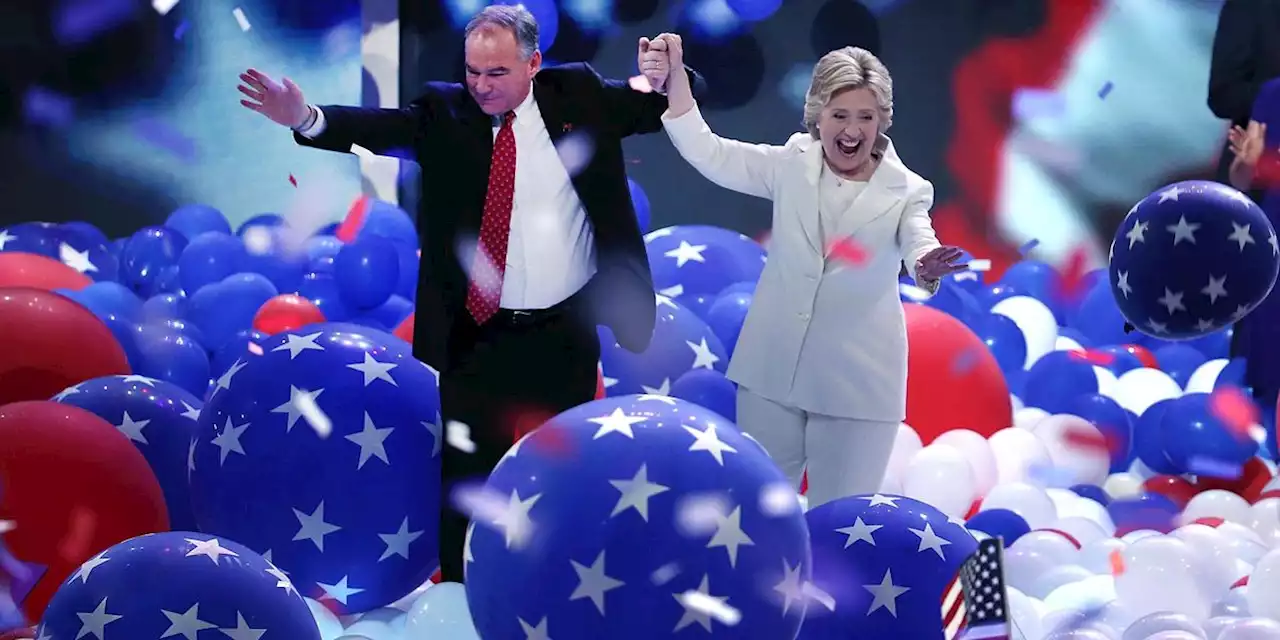However, one of the paper's authors warned that 'it would be a mistake to conclude that simply because the Russian foreign influence campaign on Twitter was not meaningfully related to individual-level attitudes that other aspects of the campaign did ...
, which was led by NYU's Center for Social Media and Politics and published in the scientific journal, is based on a survey of nearly 1,500 U.S. respondents' Twitter activity. The researchers—who also include scholars from the University of Copenhagen, Trinity College Dublin, and Technical University of Munich—concluded that while "the online push by Russian foreign influence accounts didn't change attitudes or voting behavior in the 2016 U.S.
"Despite this massive effort to influence the presidential race on social media and a widespread belief that this interference had an impact on the 2016 U.S. elections, potential exposure to tweets from Russian trolls that cycle was, in fact, heavily concentrated among a small portion of the American electorate—and this portion was more likely to be highly partisan Republicans,"Joshua A. Tucker, co-director of the Center for Social Media and Politics and one of the study's authors.
Gregory Eady of the University of Copenhagen, and one of the study's co-lead authors, cautioned that "it would be a mistake to conclude that simply because the Russian foreign influence campaign on Twitter was not meaningfully related to individual-level attitudes that other aspects of the campaign did not have any impact on the election, or on faith in American electoral integrity."
United States Latest News, United States Headlines
Similar News:You can also read news stories similar to this one that we have collected from other news sources.
 Russian Twitter Campaigns During the 2016 Presidential Race Didn’t Change Voting BehaviorExposure to Russian Twitter campaigns in 2016 presidential race was highly concentrated, largely limited to strongly partisan Republicans. New study shows online push by foreign disinformation accounts didn’t change attitudes or voting behavior—but disinformation effort may still have had consequ
Russian Twitter Campaigns During the 2016 Presidential Race Didn’t Change Voting BehaviorExposure to Russian Twitter campaigns in 2016 presidential race was highly concentrated, largely limited to strongly partisan Republicans. New study shows online push by foreign disinformation accounts didn’t change attitudes or voting behavior—but disinformation effort may still have had consequ
Read more »
 Russian disinformation was a non-factor in the 2016 election, new study showsDonald Trump won the 2016 election because most of the voters in swing states preferred him over Hillary Clinton, who was possibly the most disliked major-party nominee in American history.
Russian disinformation was a non-factor in the 2016 election, new study showsDonald Trump won the 2016 election because most of the voters in swing states preferred him over Hillary Clinton, who was possibly the most disliked major-party nominee in American history.
Read more »
 Democrat Narrative Falls Apart: Study Finds Russian Trolls Had Little Influence on 2016 VotersAccording to a recent study, Russian disinformation and misinformation campaigns on social media had little influence on voters during the 2016 election. Discussing Russia's alleged influence on the election, a longtime leftist narrative, one of the report's authors said, 'My personal sense coming out of this is that this got way overhyped.'
Democrat Narrative Falls Apart: Study Finds Russian Trolls Had Little Influence on 2016 VotersAccording to a recent study, Russian disinformation and misinformation campaigns on social media had little influence on voters during the 2016 election. Discussing Russia's alleged influence on the election, a longtime leftist narrative, one of the report's authors said, 'My personal sense coming out of this is that this got way overhyped.'
Read more »
 Russian troll farms didn’t sway voters in 2016 electionA new in-depth study has concluded that the Russian government’s efforts to deploy troll farms on Twitter to sway the 2016 election did not have any measurable impact on the outcome of that race.
Russian troll farms didn’t sway voters in 2016 electionA new in-depth study has concluded that the Russian government’s efforts to deploy troll farms on Twitter to sway the 2016 election did not have any measurable impact on the outcome of that race.
Read more »
 Washington Post blasted for reporting Russian trolls had 'little influence' on 2016 election: '6 years later'The Washington Post featured an analysis on Monday that admitted that Russian trolls on Twitter had little effect on the results of the 2016 presidential election.
Washington Post blasted for reporting Russian trolls had 'little influence' on 2016 election: '6 years later'The Washington Post featured an analysis on Monday that admitted that Russian trolls on Twitter had little effect on the results of the 2016 presidential election.
Read more »
 Russia’s influence campaign had minimal impact on 2016 US election: studyRussian Twitter campaigns during the 2016 US presidential race only reached a small number of users, who were already likely supporters of Donald Trump and arguably least likely to need influencing, a report published this week says
Russia’s influence campaign had minimal impact on 2016 US election: studyRussian Twitter campaigns during the 2016 US presidential race only reached a small number of users, who were already likely supporters of Donald Trump and arguably least likely to need influencing, a report published this week says
Read more »
